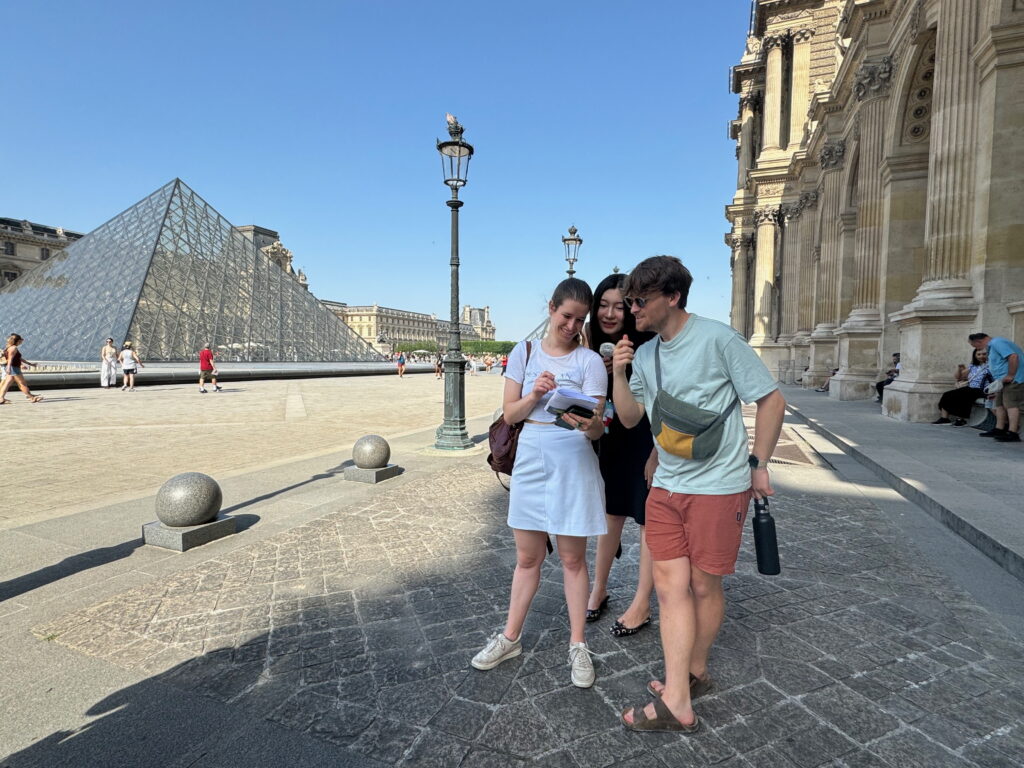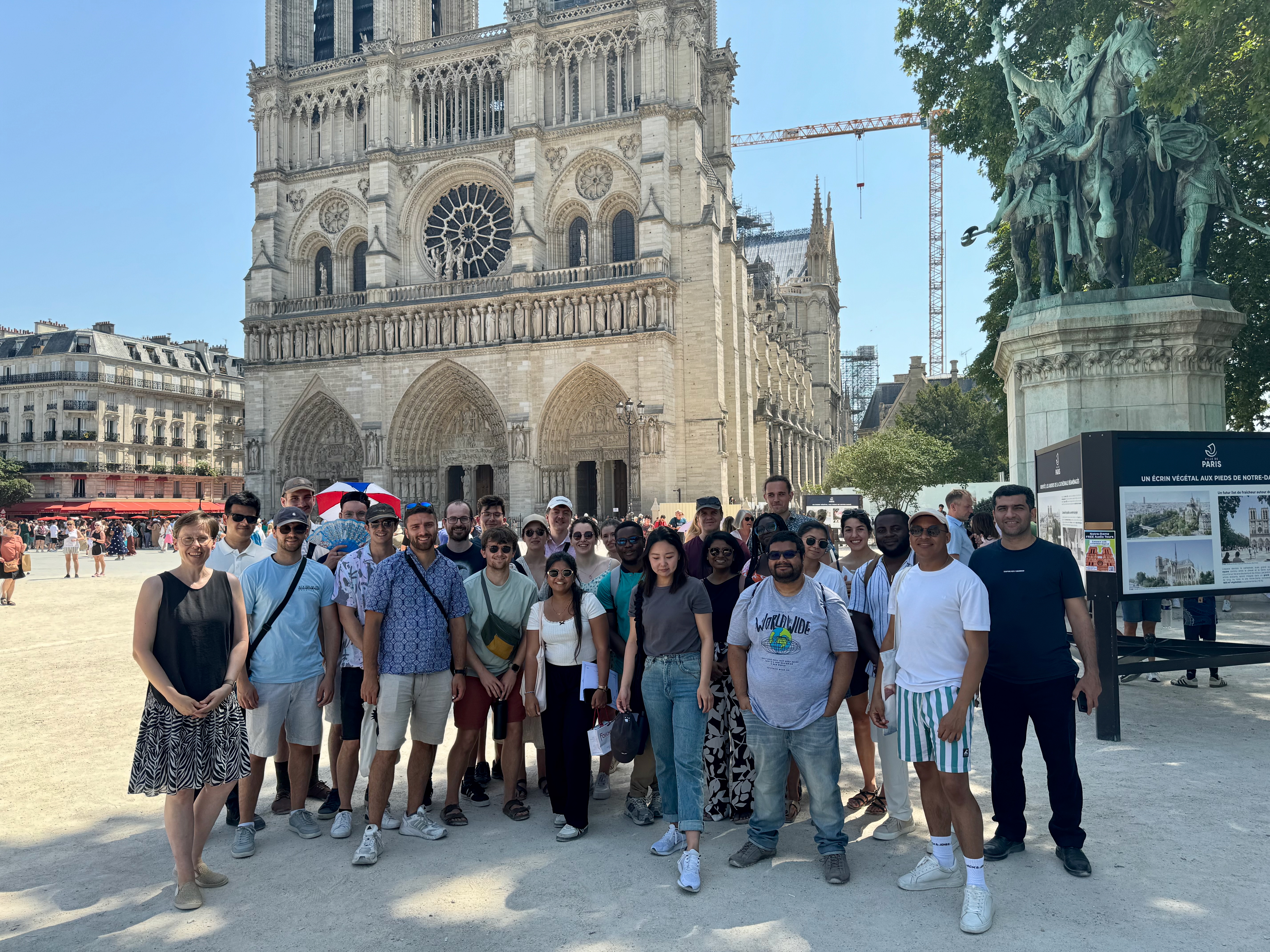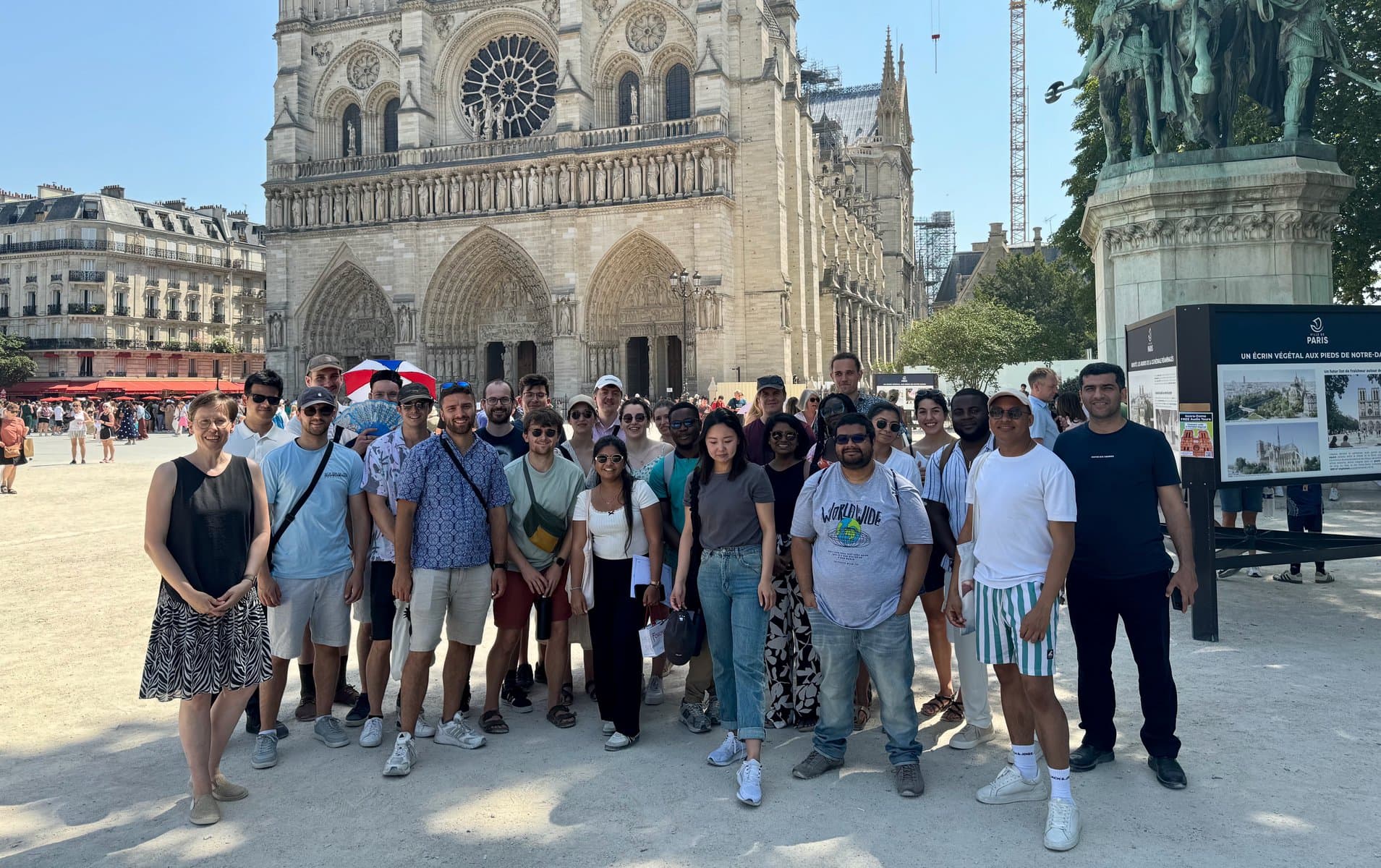
Last week, our SMART doctoral researchers & postdocs traveled to Paris to participate in a three-day summer school in collaboration with Gustave Roussy Institute & Sorbonne Université. The program focused on an interdisciplinary academic exchange and brought together researchers with backgrounds in biomedicine, statistics, mathematics and computer science.
Day 1 – June 30, 2025
After arrival in Paris, we headed straight to the Gustave Roussy Institute for an afternoon program titled: Multidisciplinary Perspectives on AI and Data Integration in Medicine. The session featured the following presentations from researchers from Gustave Roussy and SmallData:
The diversity of topics and perspectives sparked rich discussions. Networking between groups laid the groundwork for potential inter-institutional collaborations. We wrapped up the day with an authentic french dinner and informal networking in the city.
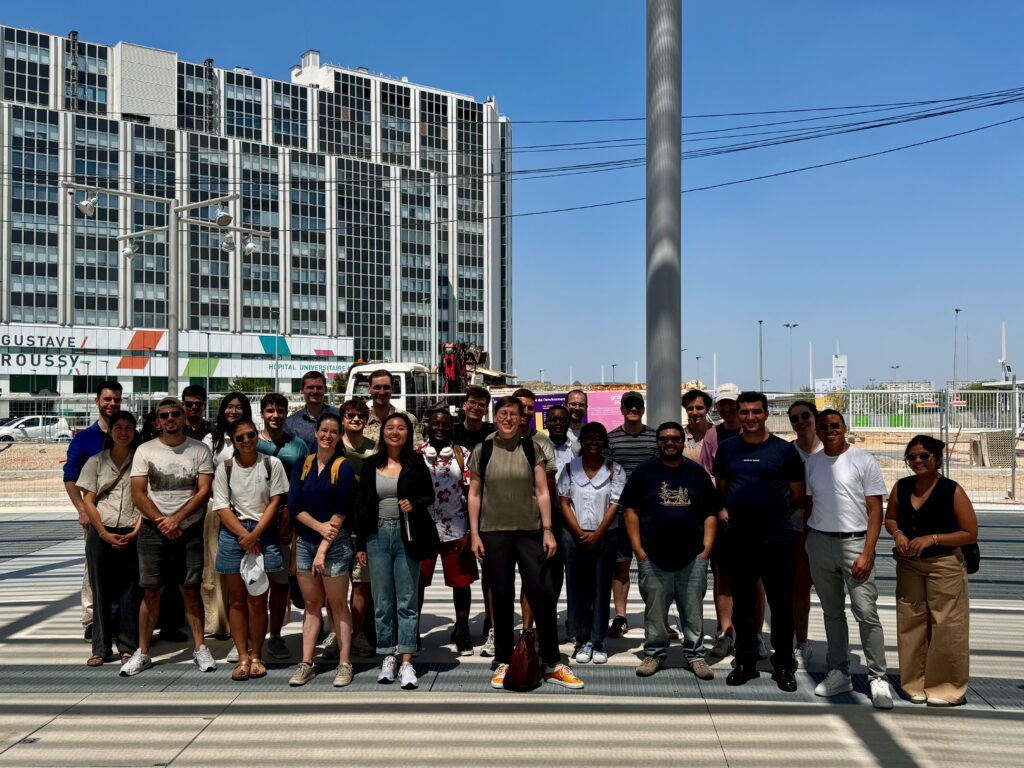
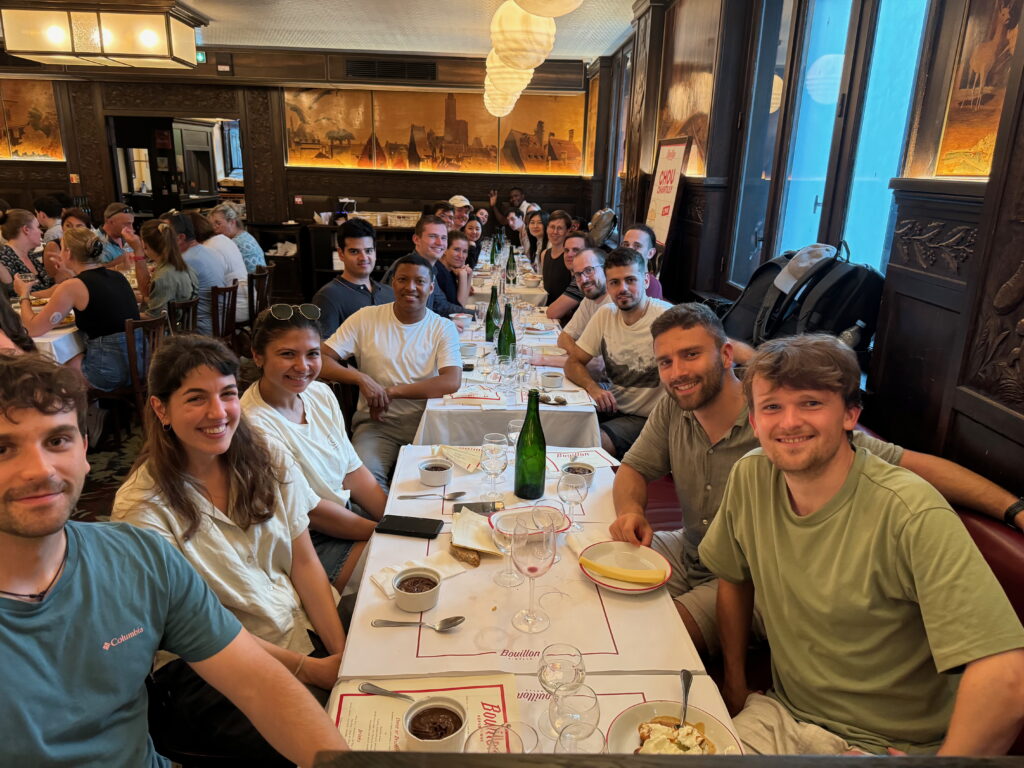
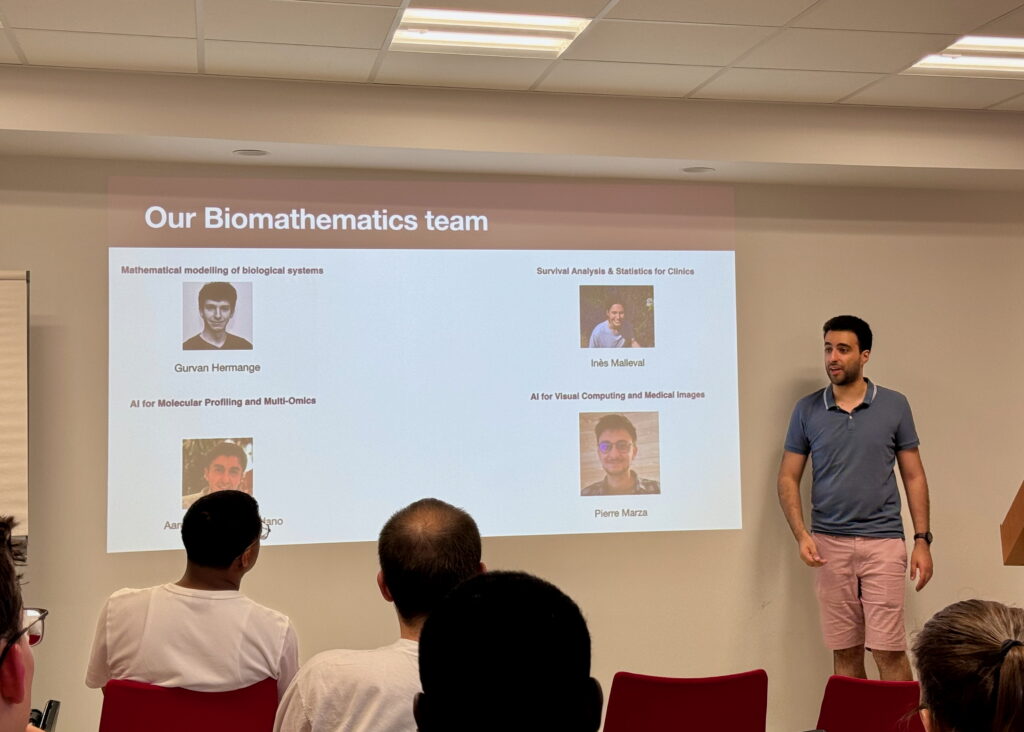
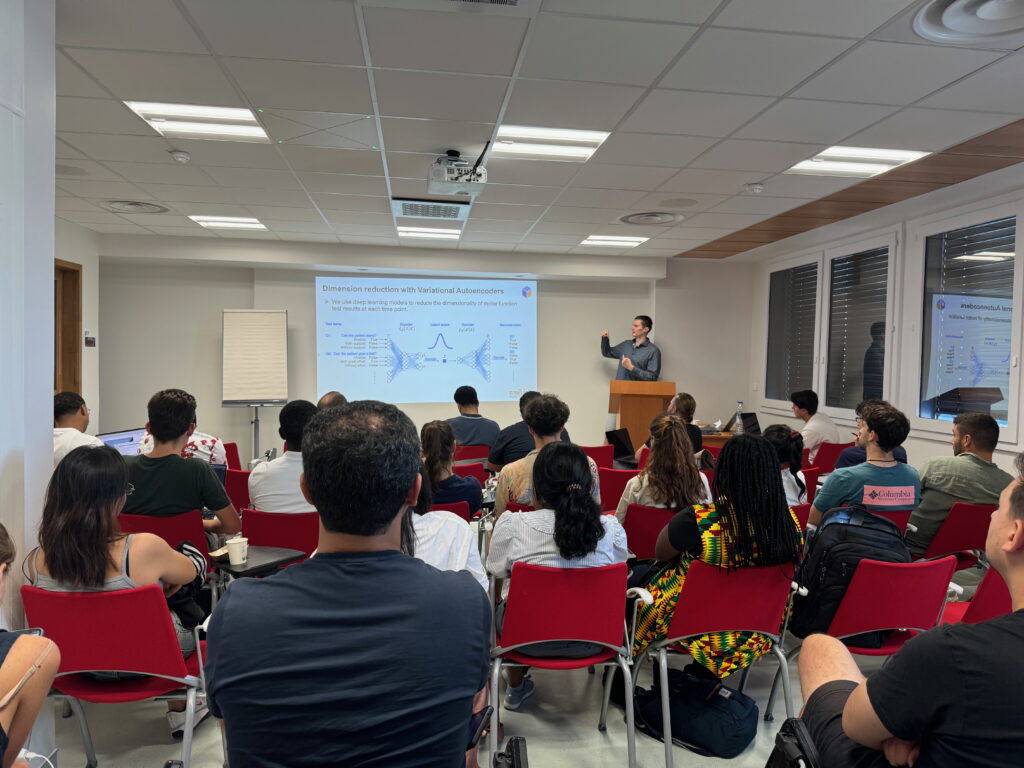
Day 2 – July 1, 2025
Tuesday was hosted at the campus of Sorbonne Université and kicked off with lab presentations from institutions including LIP6, ISIR, SCAI, LPSM, and SmallData. To energise the room, we played Human Bingo, which encouraged participants to network and connect beyond their fields and own institutes. This was followed by Topic Table Discussions, where moderators facilitated focused conversations on the following themes:
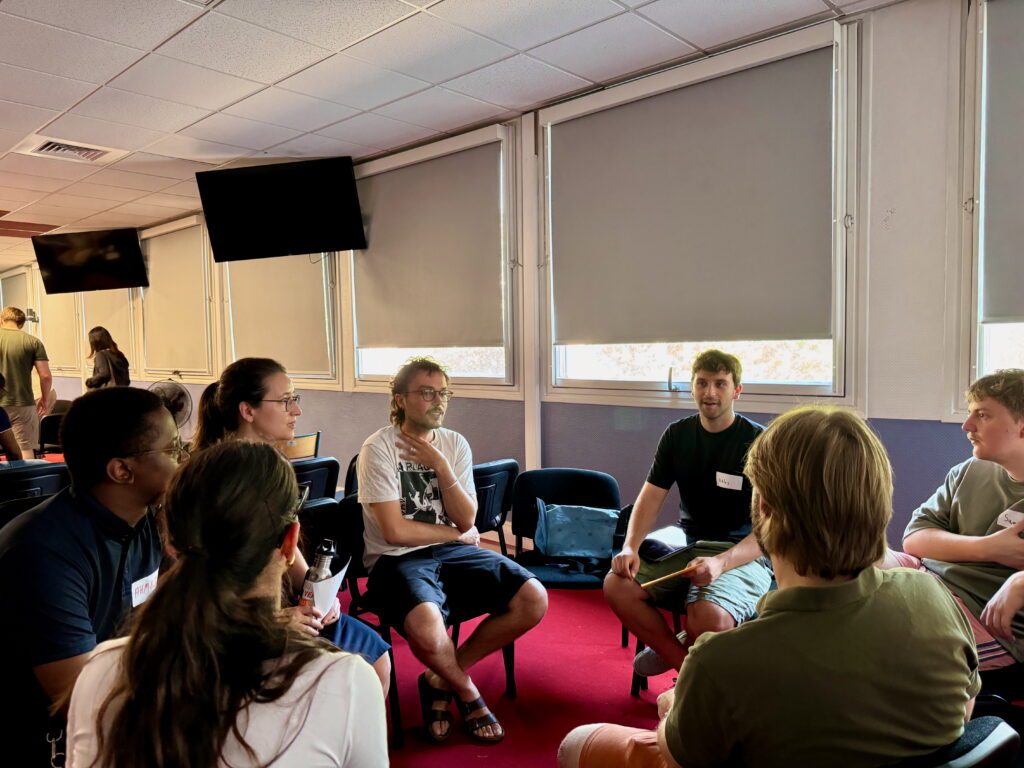
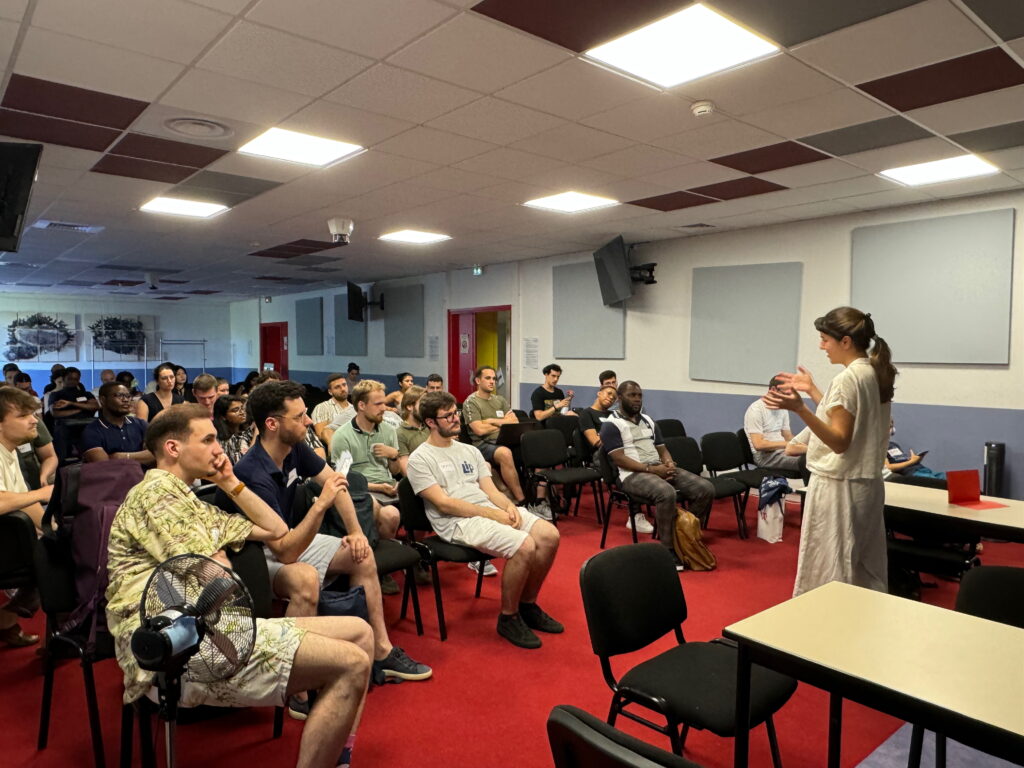
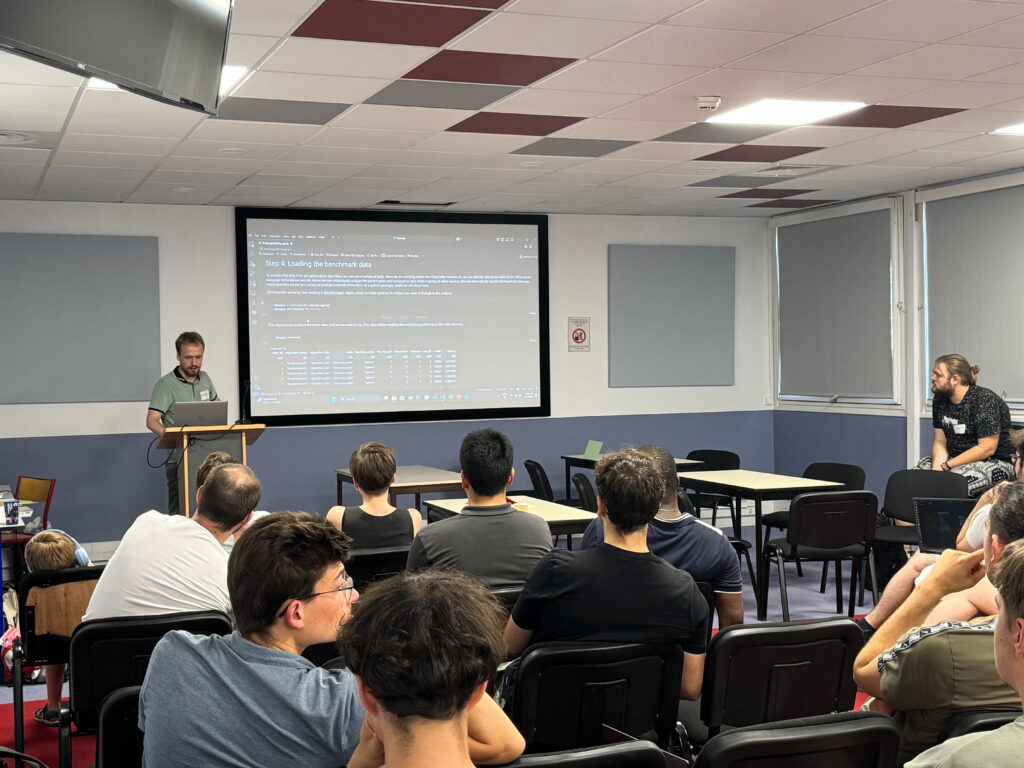
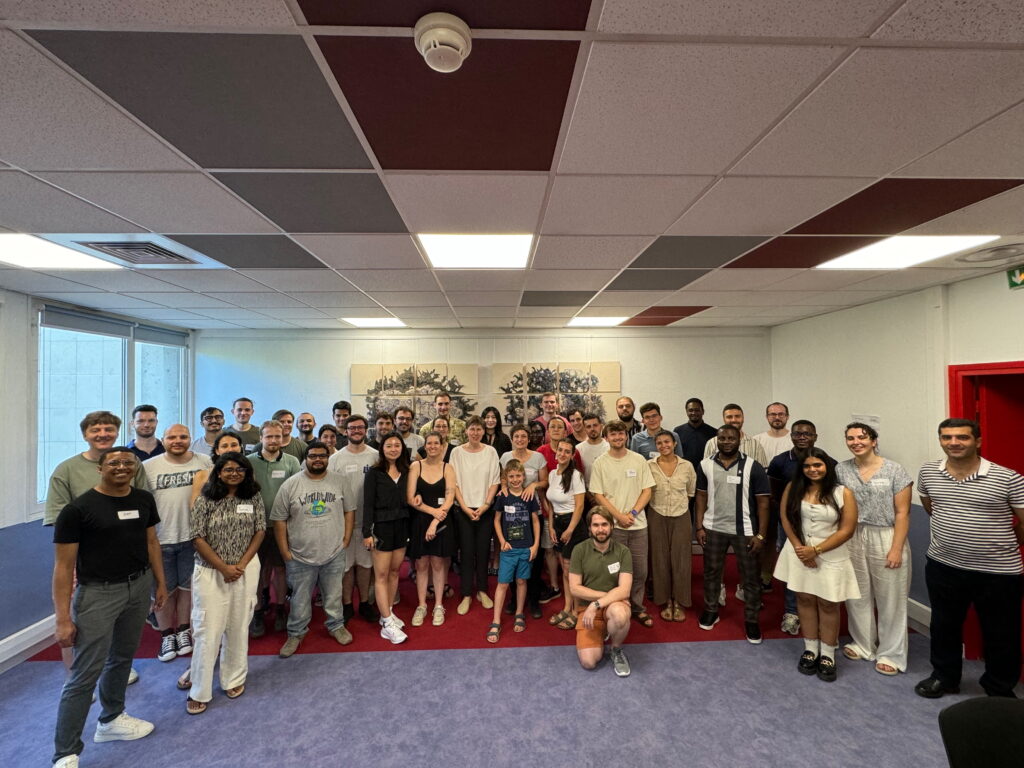
Over lunch, participants discussed posters before diving into the afternoon Hackathon on black-box optimization, organized by the LIP6 team at the Sorbonne. Congratulations to our SMART member Asif Hasan for completing the task with record efficiency and impressive results!
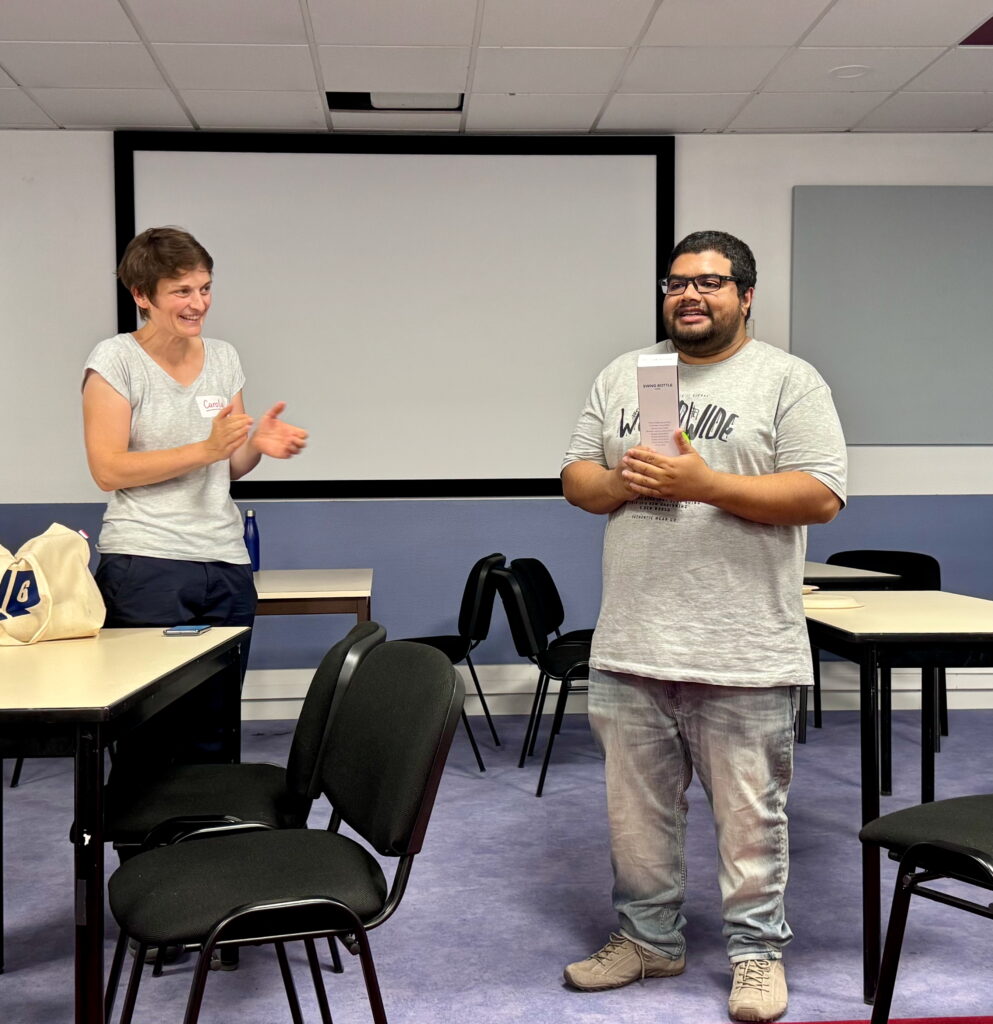
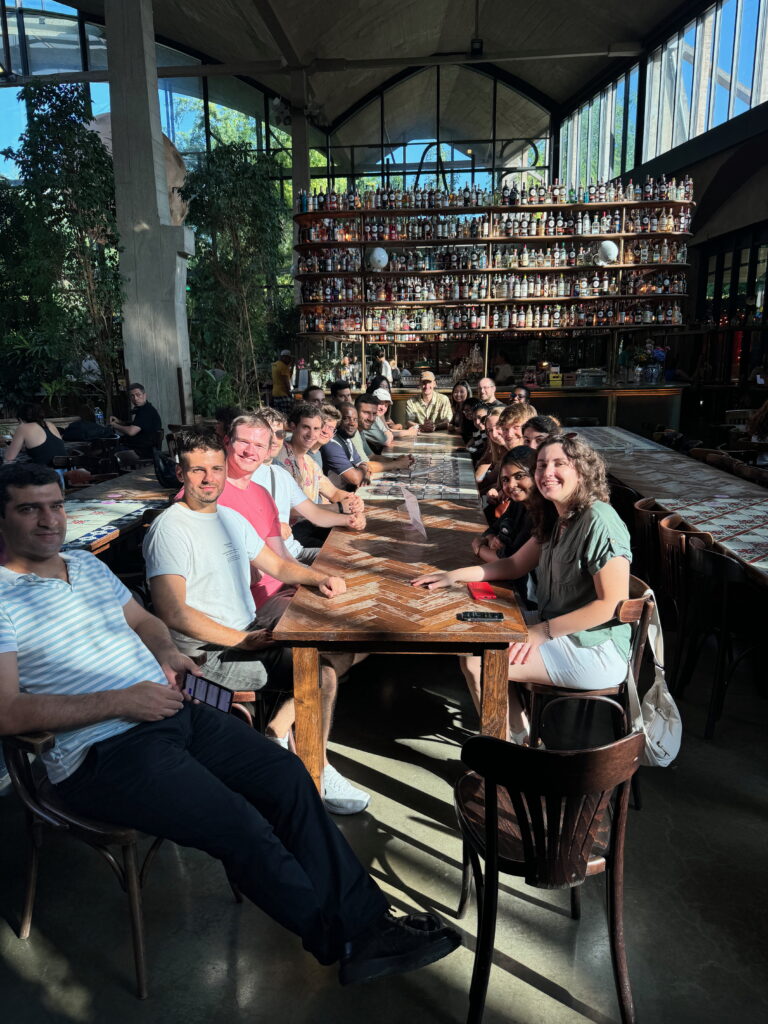
Day 3 – July 2, 2025
On the last day, we wrapped up the program with a Paris Science Quest , a city-based challenge combining sightseeing, cultural and science related trivia. Starting at the Louvre and ending at Notre Dame , participants walked, solved riddles, and rediscovered landmarks through the lens of data. After lunch and a group photo at the Notre Dame, the group made their way back to Freiburg – concluding the Summer School with valuable insights and strengthened networks and team work.
Thanks to all our collaborators, hosts, researchers, and of course, the Deutsche Forschungsgemeinschaft for making this event possible.
